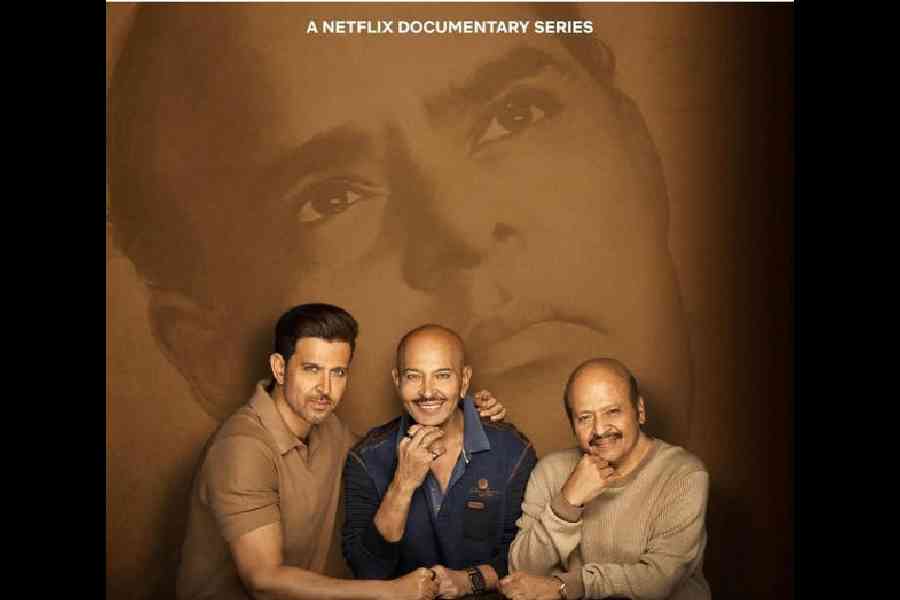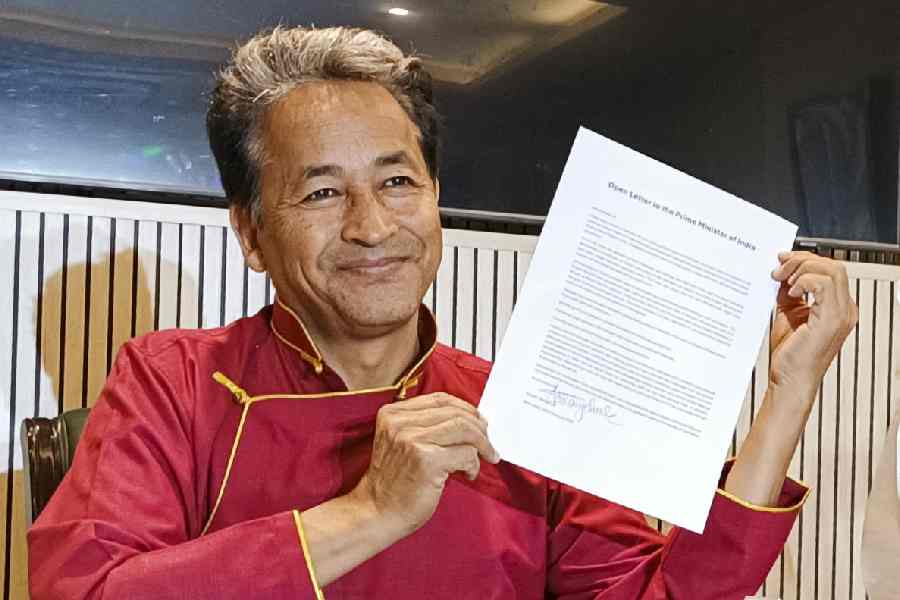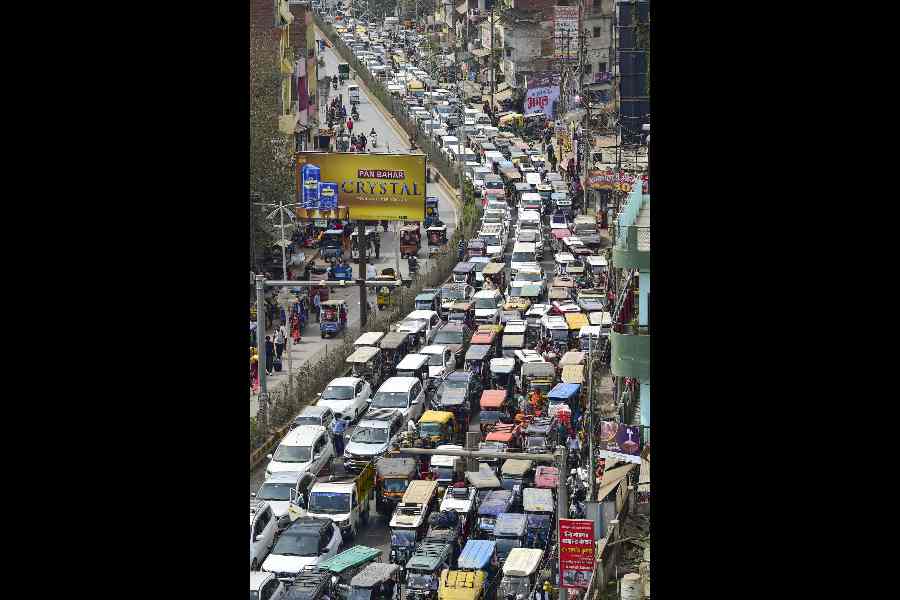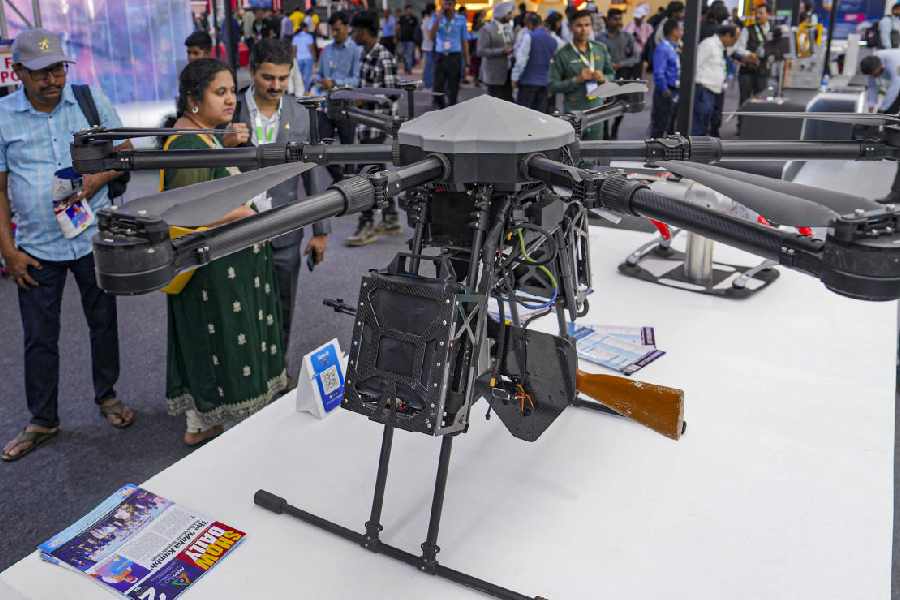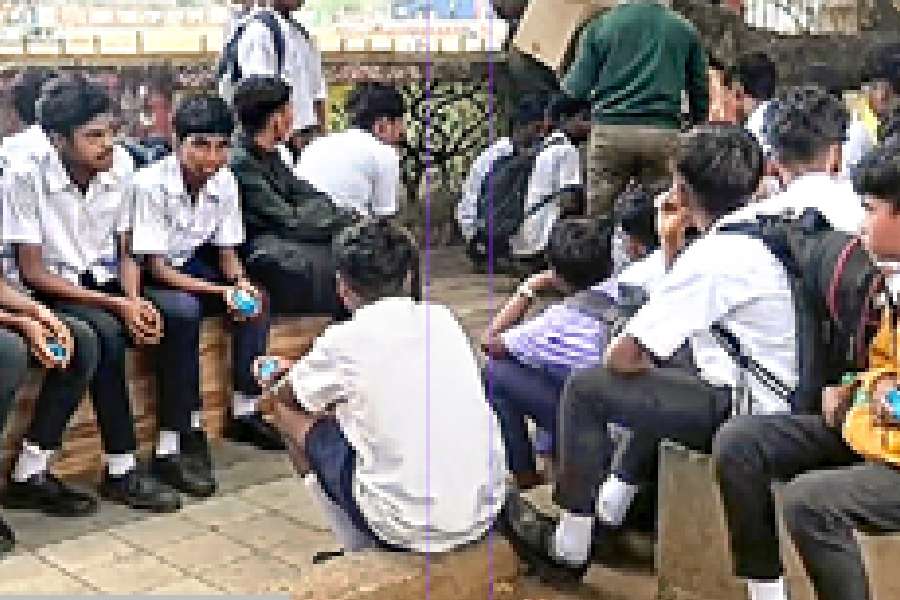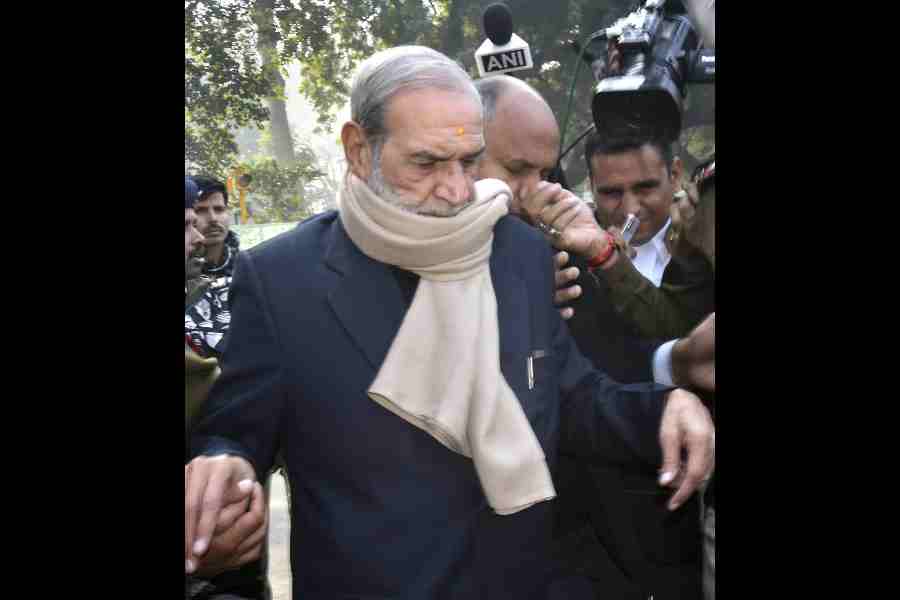Theirs is a family that has enriched Bollywood across three generations. In The Roshans — a
four-part documentary now streaming on Netflix — Rakesh Roshan, Rajesh Roshan and Hrithik Roshan talk about the unsung achievements of their patriarch, the late music director Roshan Nagrath, and also what binds them together as a family and as professionals. Featuring the family as well as talking heads, including Shah Rukh Khan and Sanjay Leela Bhansali, the series is a nostalgic trip down memory lane and reveals what has stood the Roshan family in good stead despite their setbacks. t2 caught up with Rakesh Roshan and Shashi Ranjan, the director of the series, for a chat.
What has the response to The Roshans been like so far? What parts of the series have been liked the most?
Shashi Ranjan: I must say, very humbly, that the response has been overwhelming. All the bigwigs from the film industry as well as common people from all over the world have appreciated the show. People who I have not been in touch with for 10-20 years — even my school friends — are calling me and sending messages.
There are two things that almost everyone is saying — that they binge-watched the series and second, that the story has been told with great emotion and passion. That this series not only entertains, it gives great insight into the lives of the Roshans.
Rakesh Roshan: The best part is that most people have watched all the four episodes at one go. I got a lot of calls from people saying that they have hummed and sung many popular songs but they were not aware that they had been composed by my father (Roshan Nagrath). Similarly, they didn’t know that my brother, Rajesh Roshan, had composed so many superhit numbers.
What triggered the series?
Rakesh: A few years ago, a musical device, one of those big transistors, had come out, which had quite a large collection of songs on it. I went through the list and saw the names of so many music directors, lyricists, filmmakers, actors... almost everyone’s songs were there... I searched for my father’s name, but it wasn’t there. That really hurt me. There were 10,000 songs on it but not a single one composed by my father. I was very upset and I wanted to do something for my father. I kept wondering why people had forgotten him and his work.
Then, one day I met Shashi. He started talking about my father’s songs. I asked him: ‘You know my father’s songs?!’ And he said: ‘Yes, I am a big fan of his’. I told him about the incident that had hurt me so much and asked him what I should do. He came up with this idea, saying: ‘Why don’t you make a documentary on him?’ That gave me a starting point.
But then I thought that if I make a documentary only on my father, (streaming) platforms may not be very keen to purchase it. Even most viewers would perhaps not find it very interesting or entertaining. It was then that we decided to feature the Roshan family as a whole. The most beautiful thing is that viewers are loving my father’s episode the most.
That must make you very emotional...
Rakesh: Yes, it is very emotional. Over the last few days, hearing so many people talk so fondly and glowingly about my father has been very heart-touching.
Every episode focuses on one member of the Roshan family and yet every episode has bits and pieces of all. What was the secret sauce to putting all of it together so seamlessly?
Shashi: The biggest challenge lay in depicting the lives of three generations and with so much good work and concising them into 45-minute episodes. It is a lifetime of work which has to be packaged into episodes of such short running time.
Also, documentaries are often perceived as being boring because they mostly disseminate information. With The Roshans, I needed to make these stories compelling enough for the audience, bring real emotion into it, and at the same time, not be fake. As I went into my research with the family and the people around them, I realised that here is something which was very honestly and transparently connecting with me. I have tried to bring that same emotional connect that I felt, to the audience. I think we have managed to be successful in that.
Rakesh, this series involves a lot of emotional moments, especially the ones focusing on your father and his early demise. Were there any prickly areas that you wanted to avoid or did you decide to go all out and tell this story as it is?
Rakesh: When Shashi sat down with me to ask me questions for the series, I was Rakesh Roshan at first. Then when he started probing, the Rakesh Roshan in me went out; I then became a son to my father, I became a husband to my wife (Pinkie)... I became an elder brother to my younger brother, Rajesh. And I became a father to my son, Hrithik. I forgot who I was. All my emotions came out just like any other man feels for his family.
I had no idea what Hrithik had spoken about me in the series, just like he had no idea what I had said about him. Shashi never told us to say this or not say that. So I was not burdened by anything. I spoke from my heart — about how our father left us at such an early age, I was barely 18 then, and how I started my journey and achieved the kind of success that I did.
Shashi, how would you sum up each of the four Roshans? Is there a distinctive trait that each has that sets them apart from the rest?
Shashi: Humility and doggedness is common to all generations of the family. They are very, very strong in their resolve, whether it is about their career, their physicality or their ideas. It is very difficult to shake their faith.
Rakesh, would you say that the ability to handle success and failure with equal ease is what has contributed to the longevity of the Roshans in Bollywood?
Rakesh: Yes. When I was going through failures in my career, my family was with me. Hrithik was very young. He would see me navigating through my failures. My brother was also young but he was lucky because his first film as a music director (Kunwara Baap, followed by Julie) clicked when he was just 19. But I had my fair share of failures throughout my career. My family has seen my struggles, but I always put up a courageous face in front of them to ensure that they didn’t feel bad. I did my best to keep them happy, to take them for holidays. If I couldn’t go, my wife would take our children. Also, when I got shot (by two armed miscreants in January 2000), I didn’t show that I was scared. I put up a brave face in front of my family.
I have seen so much failure in my career that I stopped being scared of failure. Failure became a part of my life. I kept walking on the path of failure with the hope that success would come to me some day. And it did when I became a producer and director.
Is there anything that has been revealed in The Roshans that the world hadn’t known before?
Shashi: Most of the things about Roshan saab had not been told before. Also, the layers that Gudduji (Rakesh) has to his personality were not known. Very few people were aware of the kind of resilience and the ability to tide through failure that this man has.
In Hrithik’s episode, one sees him becoming a star overnight with his debut film (Kaho Naa... Pyaar Hai) and yet we see that what mattered the most to him, above everything else, was validation from his father. It is so touching that despite being a superstar, Hrithik has shown a very vulnerable side to him in this documentary series. All of them show emotions that they hadn’t before. I had to work with them and on them for months to bring out this beautiful buffet of emotions.

